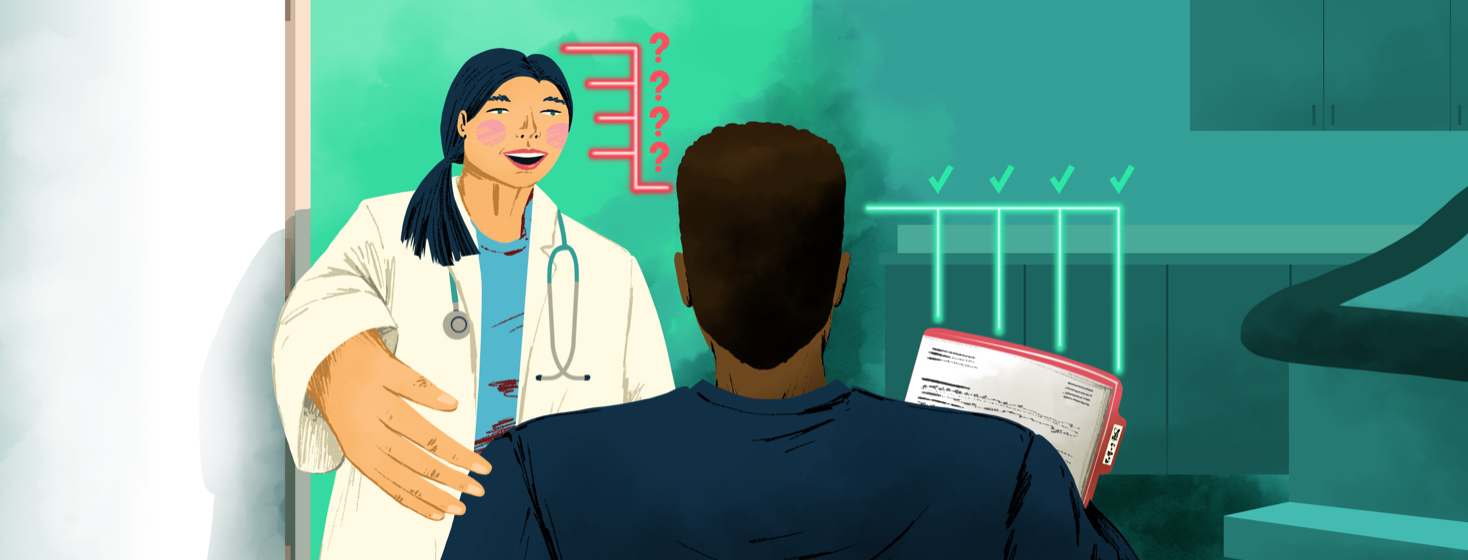Common Questions About Valve Replacement Surgery
My name is Amber, and I am a registered nurse (RN). I spent the first 5 years of my career working on a step down unit (SDU) — or intermediate care between the ICU and medical-surgical wards — where we had patients receiving open heart, lung, and vascular surgeries. We saw these patients usually one day after their procedure, whatever that procedure might be. Most of our patients had just had open heart surgery or a valve replacement of some kind.
One of the biggest aspects of my job that people don’t always think of is education.
A few most-asked patient questions
Every patient who comes into the hospital and has any kind of heart procedure – whether it be a bypass, valve replacement, stent placement, or even a heart attack – leaves the hospital with more information than they could probably comprehend at the time. Before they are discharged, they talk with a dietitian and inpatient cardiac rehab staff while also getting constant education from the floor nurse from admission all the way to discharge.
By far, the most-asked questions I've gotten from patients and their families were about their diet and physical restrictions after surgery.
Will I have any dietary restrictions?
It felt like I had at least one person every shift ask me about why they couldn’t have salt and if they were sentenced to a life of bland food. Being from the city where cashew chicken was created, everyone was always very concerned about whether they could still eat Chinese food.
My answer to the dietary questions would vary slightly depending on the patient, what procedure they had undergone, and whether they lived with any other health conditions (comorbidities).
Once you’ve had any kind of heart surgery, valve replacement, stent placement, or heart attack, it’s imperative that you change to eating a diet that's low in sodium (salt) saturated fats. But why?
A diet low in sodium is important because where there is salt, there is water. This is why the day after you eat a meal full of salt you often feel more puffy. Water follows salt, and extra salt can equal extra fluid in your body, which makes your heart work harder. Following heart surgery of any kind, you want to reduce the extra fluid in the body to prevent the extra work for your heart. Also, lowering your sodium intake will also keep your blood pressure lower, which is important following any kind of heart surgery.1
To confirm that they are following their dietary restrictions, we ask patients to weigh themselves each day – doing so in the same clothes (or without), after using the bathroom, and before eating. We ask patients to report to their doctor if they gain more than 2 pounds in a day or more than 5 pounds in a week.
Will I have any restrictions on physical activity?
Once we have discussed all things dietary, the other thing that everyone wants to talk about is any physical or activity restrictions following their procedure.
The answers will vary more so than dietary restrictions depending on what kind of procedure they had done. The type of questions patients ask will also vary. In my experience, the younger the patient, the more frequently they tend to want to know how long they will need to be off work, while the older adults are generally more concerned with day-to-day restrictions.
There will usually be 2 levels of restrictions that are dependent on what kind of procedure you've had done. If you've had transcatheter aortic valve replacement (TAVR) or a stent placement, you will have a quicker recovery and less restriction than someone who had something like a coronary artery bypass graft (CABG).
What is recovery from TAVR like?
TAVR is one of the least invasive types of valve replacement. Therefore, the recovery should be easier than the full open heart surgery.
That said, exact post-op instructions will vary from doctor to doctor based on where your incision is and how difficult the procedure was. But, speaking in generalities, you shouldn’t drive, take a bath, or get in a pool or hot tub for 3 to 7 days after these procedures to allow the incision to heal.
It is also recommended that you avoid strenuous activity for 7 to 10 days, including heavy lifting — meaning no lifting more than a gallon of milk.
The amount of time you will need to be off work will vary person to person.
What questions do you have?
Are you living with aortic stenosis or another condition requiring aortic valve replacement? What questions do you still have about valve replacement surgeries like TAVR? Share with our community in the comments below.

Join the conversation